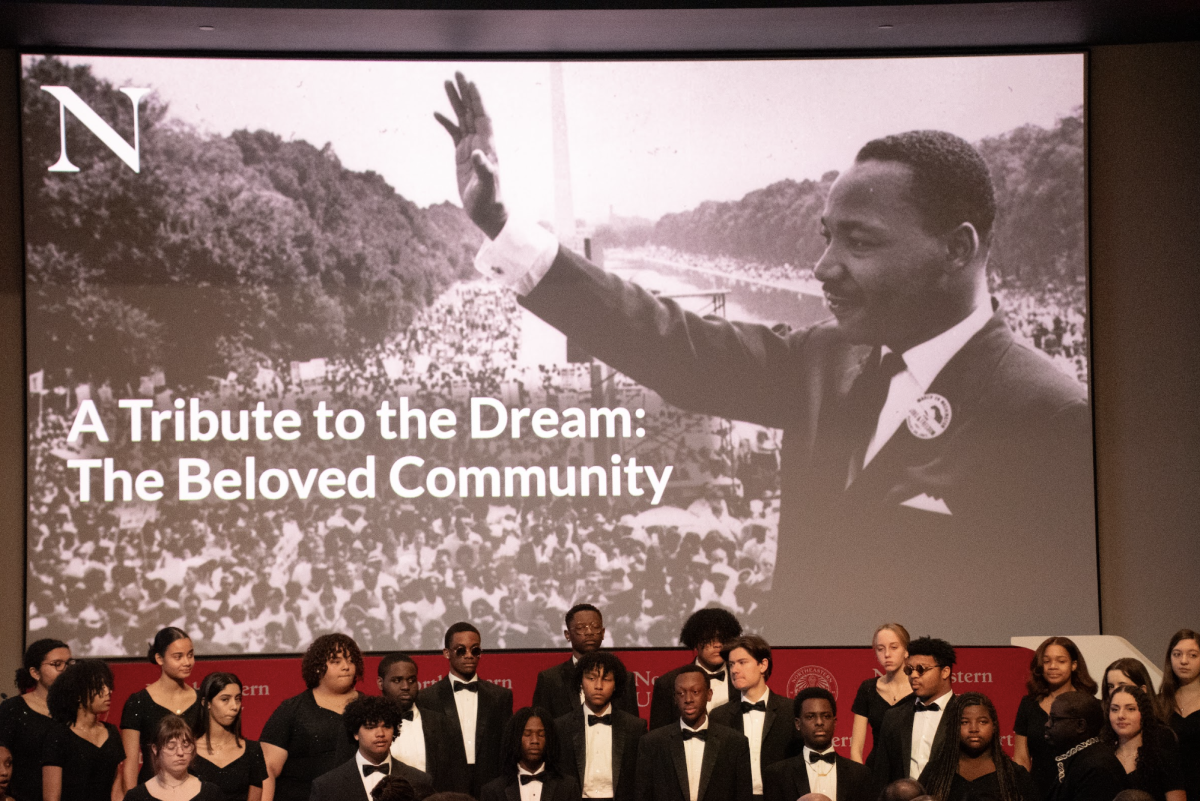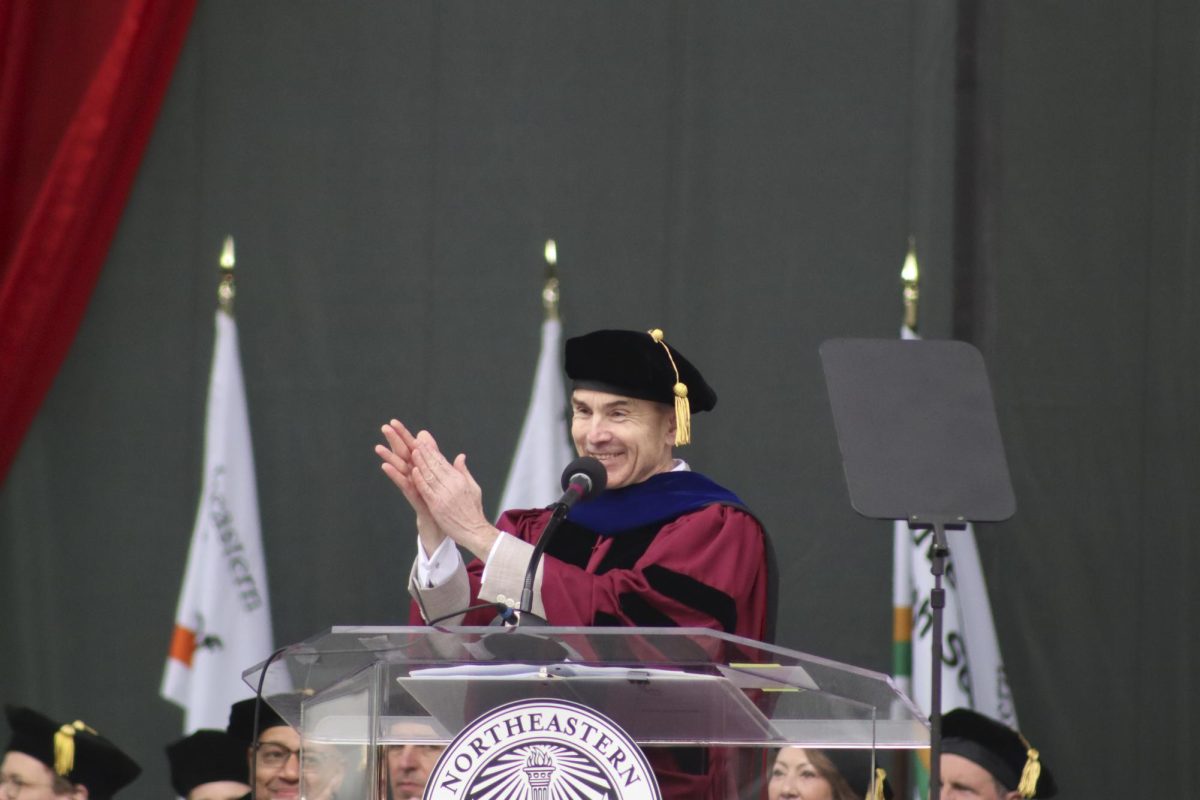By Quinn Bott, News Correspondent
Procrastination may be a hallmark of college students. It’s in the sleepy eyes of anyone typing furiously in InfoCommons after midnight. It’s alive and well in the yawns of students clicking ‘Submit’ seconds before their deadline. Many students boast their ability to function under the’ pressure of a fast-approaching due date, but are quick to set aside their more arduous tasks, in exchange for the immediate thrills of YouTube and Facebook.
But what about when it comes to the good stuff-shopping, going out to eat or traveling? According to a study recently published in the Journal for Marketing Research, even when it comes to the things they like, people are still procrastinating.
The researchers, marketing professors Suzanne B. Shu and Ayelet Gneezy from the University of California, Los Angeles and University of California, San Diego, performed several field studies in which they gave away coupons for free movies, expensive pastries, or admission to a museum. Each had different expiration dates. At the onset, those who received the coupons with the later expiration dates reported greater intention to use them and higher satisfaction. These folks actually ended up with the lowest redemption rates and greater feelings of regret. Their excuse:’ I ran out of time.
‘People in this situation are happier when they have more time to make a decision and do not feel the pressure or anxiety of acting quickly and making the wrong choice, the perfect choice or the uninformed choice,’ said Perrin Cohen, professor of psychology. ‘It is not procrastination of pleasure, but rather an opportunity to escape the stress of making a quick decision under pressure and the pleasure of reflective consideration.
The study suggests that the human tendency to postpone pleasure is the result of an inability to realistically estimate the amount of free time in the future. For example, someone might be more likely to agree to an engagement made far in advance, only to realize that as the date approaches they’re just as busy as ever.
‘More people are going to say they prefer a thirty day sale to a three day sale, but the fact of the matter is that the three day sale is what gets results,’ explained Richard Hanna, professor of marketing in the college of business administration. ‘It is a well known fact in marketing that buyers need goals. The industry knows that people procrastinate, and uses time restriction as a way of setting a goal for people. By superimposing an early deadline, successful marketers will create a sense of urgency that forces people to prioritize and to take action.’
The practice of consumer procrastination can be lucrative for businesses. Airline companies and other vendors of pleasure save billions of dollars each year from gift certificates left unredeemed, and frequent flier miles that expire unflown. In recent years, consumer advocacy groups have succeeded in passing legislation attempting to reduce the amount of predatory gift certificate offers with short expiration dates.
However, researchers found that while giving people unlimited time to redeem their gift certificates will increase customer satisfaction, it may ultimately decrease redemption rates. The value of unused gift cards in the U.S. was a remarkable $8 billion in 2006, according to a report by TowerGroup, a financial services research firm. Best Buy, in its 2006 annual report, revealed a $43 million gain from gift cards that were unlikely to be used.
But consumers can benefit from understanding this propensity to delay their own gratification. And here’s the good news: fixing the problem shouldn’t be too tough. Whether it’s planning a ‘tourist week’ to see the unseen sights of Boston, or going shopping with those holiday gift cards, this deadline doesn’t loom like a paper or project. Plus, the regret of using them at a nonperfect occasion will prove significantly less than the regret of never having used them at all.
‘I use my gift cards right away, but my sister has a huge stack of them that she hasn’t used,’ said Rachael Ferrigno, a freshman whose major is undecided. ‘She always talks herself out of using them. She wants to wait for a sale or to find something she really wants, but never ends up using them at all.’
Research has shown that the anticipated displeasure of receiving only second best when there is a potential for something better, discourages people from taking action. However, in reality, the reported regret from inaction is ultimately greater than those who took action when they had the chance.
‘I had to throw out a few gift vouchers that expired at the end of the year. I had left them at home and never got the chance to use them,’ said Kea Scullion, a sophomore international business major. ‘I kept thinking I would have more time or that I would get around to it eventually, but now I really wish I would have used them sooner.’
For those looking to avoid regret in 2010, Professor Hanna has some advice: ‘Create a goal-management strategy that is realistic, short-term, and allows you to see progression. Without a specific plan to guide your intent, the intention will continue to be delayed or fail. An idea is just an idea. Without a plan, it is doomed to fail.’








